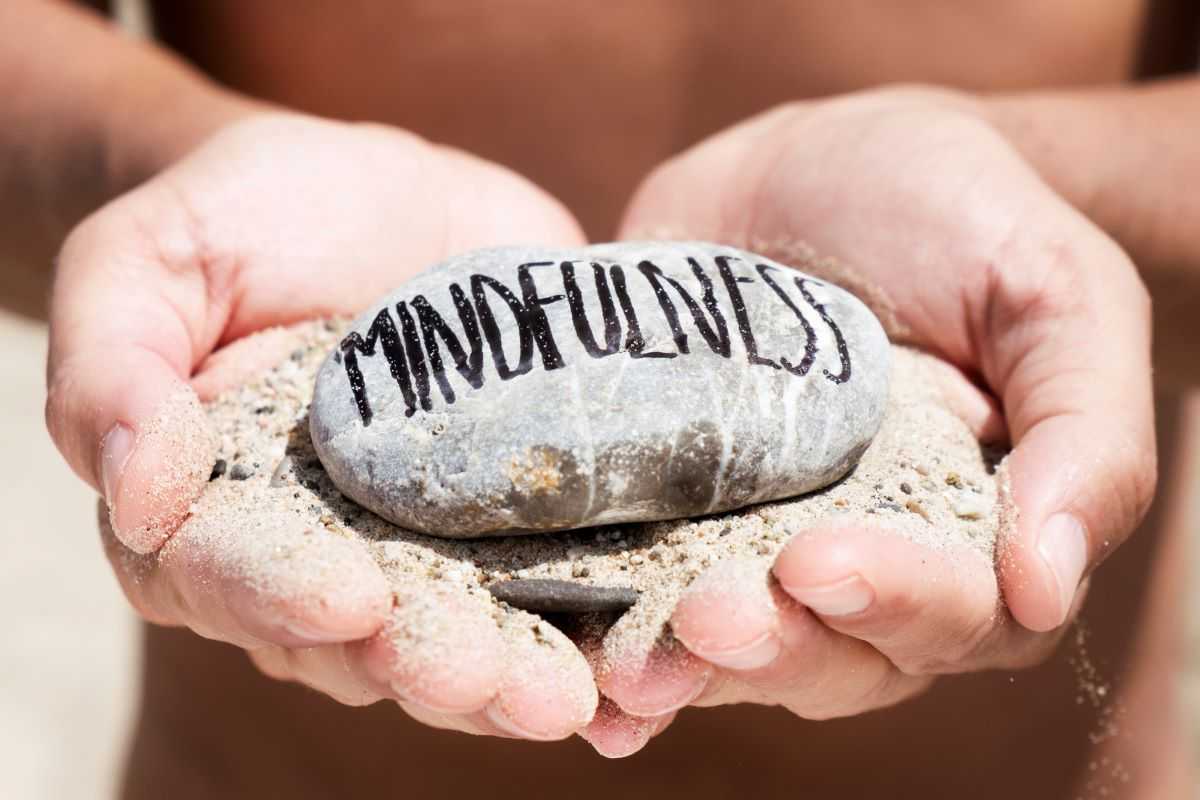
In today's fast-paced world, it's easy to feel like you're on a never-ending roller coaster, right? Always rushing, busy, and off-balance. It's understandable why a large number of us experience mental instability.
Our minds can easily become overloaded and lose touch with our bodies when we are continuously exposed to things that stress, pressure, and bewilder us. But there's hope for finding balance amid all this chaos — through mindfulness.
We'll look at six strategies for developing a more balanced mind and applying mindfulness to everyday life below. So take a deep breath, slow down, and let's dive in.
Why Mindfulness Matters
Mindfulness is like a secret sauce that brings flavor to your life — it helps you savor each moment rather than just rushing through. It's about Living in the ‘present', observing what's happening, and replying calmly and thoughtfully.
But why even is that relevant? Practicing mindfulness makes you less reactive to stress and gives you more control over your thoughts and emotions. You begin to appreciate the happiness you previously took for granted.
Mindfulness helps you live a mentally balanced life, keeping your thoughts in harmony. So, to help you be mindful, we’ll write about six strategies that can help you cultivate a more balanced mind.
6 Strategies for a Balanced Mental Life
Mental balance isn't about constantly suppressing negative thoughts or emotions. It's about creating an equilibrium between the good and bad, accepting both without becoming overwhelmed.
1. Learn Something New
Keeping your brain active and challenged is a key component of mental balance. Learning something new triggers new neural pathways and helps promote mental agility. Learning a new language, an instrument, or a new technique to cook could be sufficient.
Your mind and body become more aware and present as you learn. Regularly exercising your brain this way can be a great strategy for achieving mindfulness and maintaining mental balance.
2. Engage in Daily Meditation
Daily meditation helps maintain mental balance. Make time every morning or evening to sit calmly, concentrate on your breathing, and let go of any thoughts that may come to mind for at least ten minutes.
Regularly doing this might help you recognize and follow your thoughts and feelings without judgment.
3. Manage Expectations
Expectations can often be a basis of stress and imbalance in our lives. We set high expectations for ourselves, others, and situations. When they are not met, we can become frustrated and anxious. To maintain mental balance, it is important to manage our expectations realistically.
This means setting achievable goals for ourselves and understanding that things may not always go as planned. By managing our expectations, we can reduce stress and pressure on ourselves and maintain a more balanced mindset.
4. Mindful Movement
Movement is essential for a balanced body and mind. Engaging in mindful movements, such as yoga or tai chi, keeps the body physically healthy and promotes mental clarity and balance.
These activities connect the mind to the body through intentional movements and deep breathing. They can help relieve stress, improve attitude, and increase self-awareness. Try incorporating mindful movement into your daily routine for a more balanced mental life.
5. Make Connections With Others and With Yourself
Our busy lives make it easy to get captured in our reflections and forget to connect with ourselves and others. However, social connections are crucial for a healthy mind and maintaining balance. Spend time with valued ones or join a community club to meet new people. If you feel called to help others as a career, you can consider learning how to become a mental health worker.
Remember to reflect and introspectively connect with yourself. Gaining awareness of your needs, feelings, and thoughts can assist you in developing a more balanced perspective.
6. Practice Self-Compassion and Empathy
Be kind to yourself and others. Practicing self-compassion indicates forgiving yourself when things go wrong or you make mistakes.
Empathy is also important for maintaining mental balance. We can better comprehend others' sentiments and build deeper relationships by putting ourselves in their shoes. We can create a more compassionate and balanced mindset by practicing self-compassion and empathy.
Conclusion
In the hustle and bustle of modern life, achieving a balanced mental state might seem challenging. Still, it's feasible with the right strategies.
You can practice mindfulness by acquiring new skills, meditating regularly, regulating expectations, moving mindfully, building connections, and cultivating self-compassion.
Focus on the road, not the goal, to mental balance. Be patient and take it one step at a time. Your mind is becoming healthier and more balanced. Just keep going!
Coffee junkie. Spoonie. Writer about all things chronic illness and mental health. Friend of animals everywhere.








